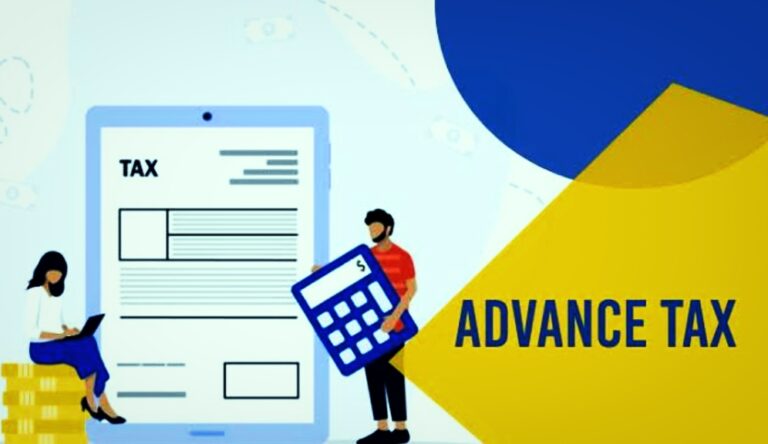Understanding Advance Tax: Due Dates, Calculation, Interest Charged & More
Advance tax is a system of paying income tax in instalments throughout the financial year, instead of paying a lump sum at the end. These payments are made according to due dates specified by the income tax department, ensuring a steady flow of revenue for the government and reducing the burden on taxpayers by spreading out their tax liability.
Who Needs to Pay Advance Tax?
Under Section 208, any taxpayer whose estimated tax liability for the year is Rs 10,000 or more must pay advance tax. This includes:
- Individuals: Any individual with an estimated tax liability of Rs 10,000 or more.
- Corporates: All types of companies, including public limited companies, private limited companies, and one-person companies.
- Senior Citizens: People aged 60 years or more who do not run a business are exempt from paying advance tax. Only senior citizens with business income are required to pay advance tax.
- Presumptive Income for Businesses: Taxpayers under the presumptive taxation scheme (Section 44AD) must pay the entire advance tax by 15th March or have the option to pay all dues by 31st March.
- Presumptive Income for Professionals: Independent professionals (e.g., doctors, lawyers, architects) under the presumptive scheme (Section 44ADA) must also pay the full advance tax by 15th March or by 31st March.
Due Dates for Advance Tax Payments
For both individuals and corporates, advance tax is paid in four instalments during the financial year, running from April to March:
1st Instalment: 15th June – 15% of the total advance tax liability.
2nd Instalment: 15th September – 45% of the total advance tax liability, minus the amount paid in the first instalment.
3rd Instalment: 15th December – 75% of the total advance tax liability, minus the amounts paid in the first and second instalments.
4th Instalment: 15th March – 100% of the total advance tax liability, minus the amounts paid in the first three instalments.
Calculation of Advance Tax
To calculate advance tax, follow these steps:
- Estimate your total income for the financial year, including all sources such as salary, business, profession, and capital gains.
- Calculate the income tax on this estimated income as per the applicable income tax rates.
- Deduct tax deducted at source (TDS) and any other credits from the estimated tax liability.
- The balance amount is the advance tax that needs to be paid.
Payment of Advance Tax
Advance tax can be paid online through the Income Tax Department’s website or designated bank branches. Payments can be made using net banking, debit cards, or by visiting the bank in person.
For the offline method of payment, Challan 280 can be downloaded from the Income tax Department website and the hard copy of that can be filled. The filled challan can then be submitted along with the payment by visiting to any authorised bank in person.
Consequences of Late Payment/Non-Payment
- Non-payment of advance tax: Attracts interest under Section 234B. You must pay at least 90% of the total taxes as advance tax or TDS/TCS by 31st March. Failure to do so results in an interest payment of 1% on the entire unpaid amount.
- Delay in payment: Attracts interest under Section 234C at 1% per month on the unpaid amount.
Capital Gains
Capital gains, particularly from the sale of equity, come with uncertainties, prompting specific relaxations in advance tax calculations. Notably, capital gains up to Rs 1 lakh per year are exempt from taxation. However, if the income surpasses this Rs 1 lakh threshold during the year, it becomes taxable. When reporting capital gains, it is essential to include the timing of these gains to ensure accurate tax liability assessment.
Conclusion
By understanding and adhering to these guidelines, you can manage your tax liabilities effectively and avoid unnecessary penalties. Make sure to mark your calendar for the due dates to ensure timely payments and compliance with tax regulations.
To Access the tax Bulletin on Advance Tax issued by the Institute of Cost Accountants of India CLICK HERE
Also Read: I-T Department Targets 170,000 Reassessments by March 2025
Read More
ITAT Mumbai: Tax Incidence on Non-Compete Fee Not Retrospective, Effective from AY 2004-05 Onwards
